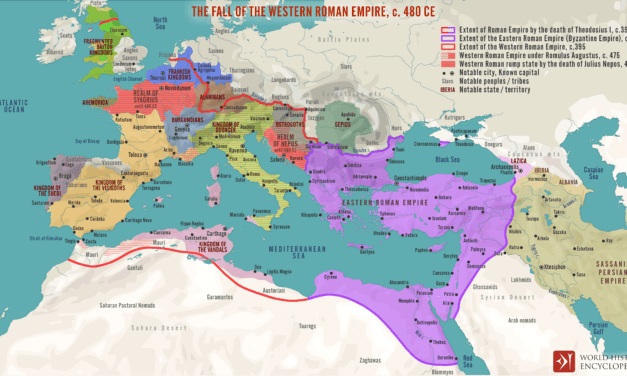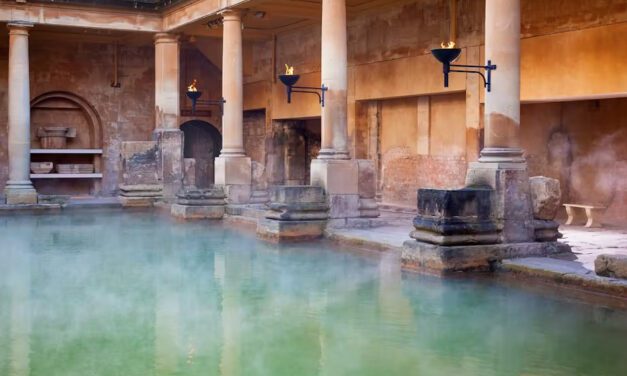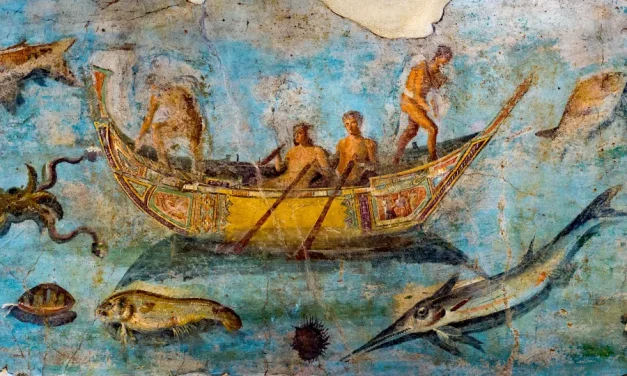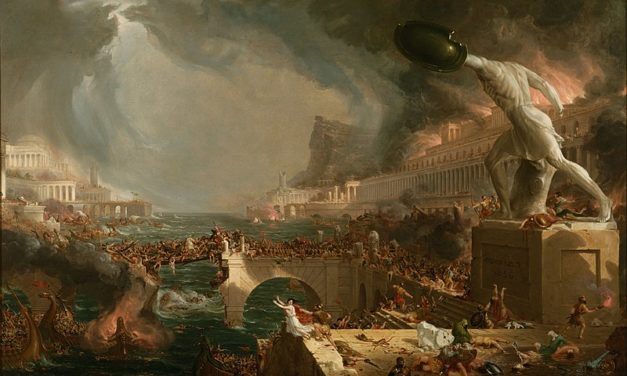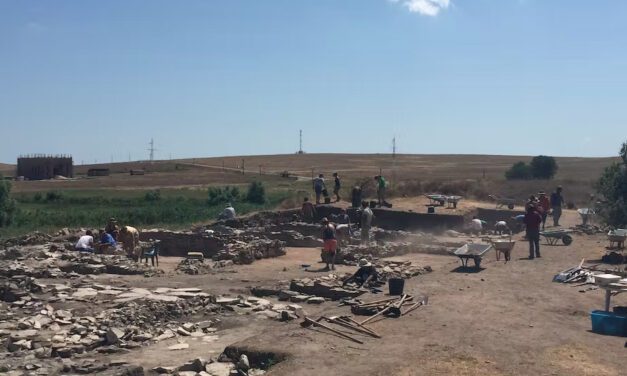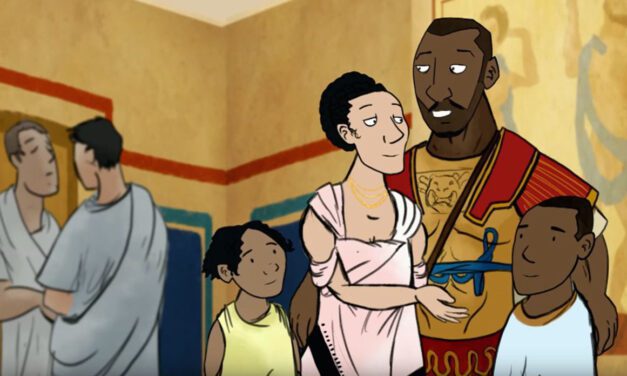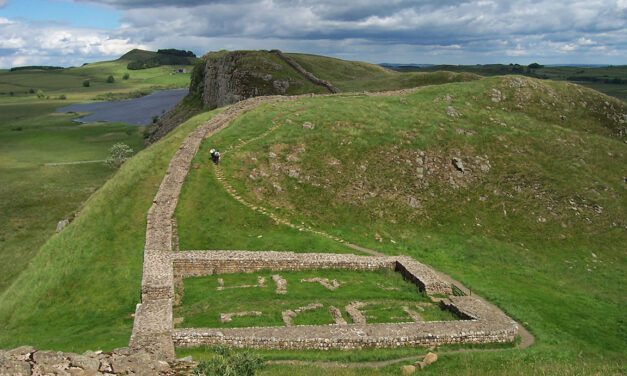Does the Roman road network influence European prosperity even today?
Reading time: 5 minutes
If there’s one thing the ancient Romans are famous for, its their roads. The empire was criss-crossed with them, mainly to quickly shuttle the legions about, but they also facilitated trade. We know this network survived the collapse of the empire, but could it influence the European economy to this day?




